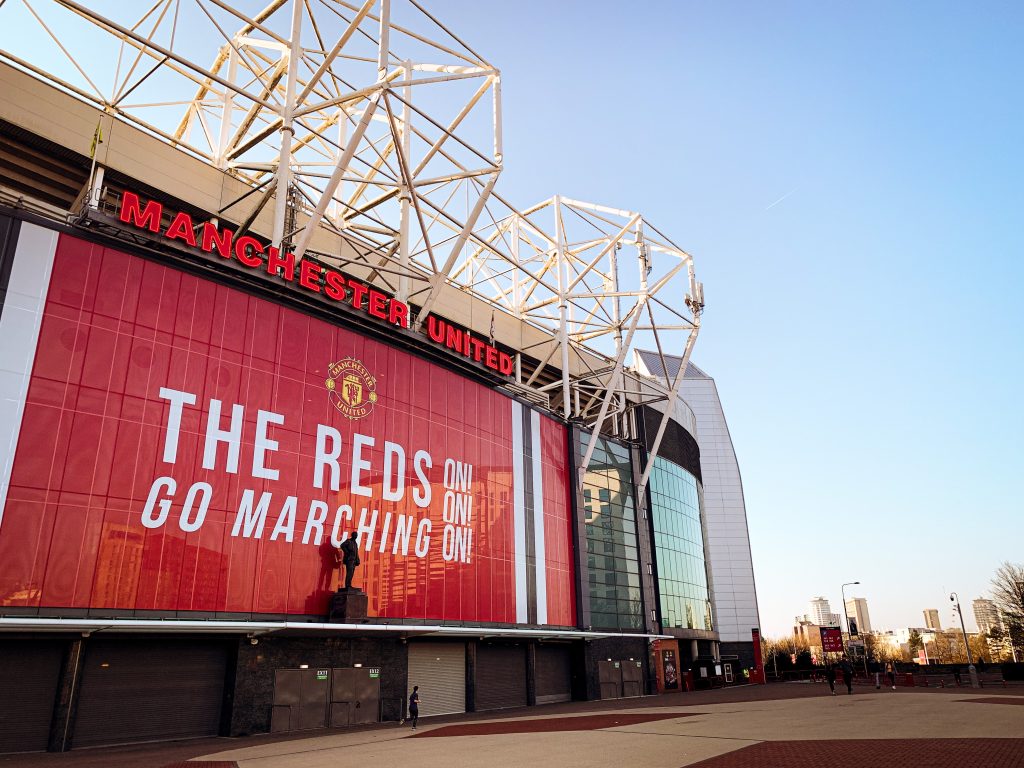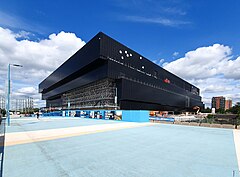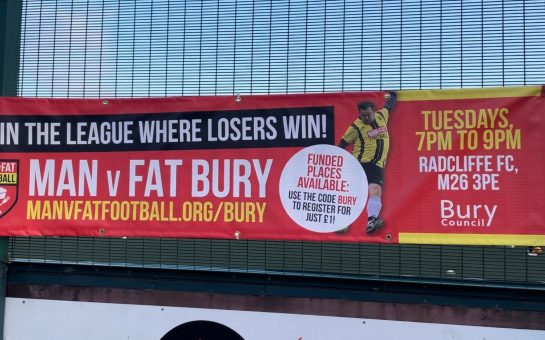Despite increased efforts from the English Premier League to tackle the issues of Mental Health, the last week has shown that we are still far from football being a safe space for young players.
The topic of mental health amongst Premier League footballers re-emerged last weekend after Tottenham Hotspur striker Richarlison was pictured in tears after being substituted for national team Brazil following their 5-1 win over Bolivia on Sunday.
Speaking to the Brazilian media, the 26-year-old, said he was “getting the things that were happening off the pitch out of my system”.
He continued “I went through a turbulent time off the pitch during these past five months” but the Brazilian now feels that he has moved past this period and this will allow him to improve his performances for Tottenham once he returns to England.
Richarlison has had a tough start to his career since securing a move to London from Everton in 2022, scoring just one goal in 31 appearances. As such, he has been subject to abuse on social media platforms with many users labelling him one of the biggest ‘flops’ of the previous season.
Just days later, former Manchester United captain Harry Maguire was attacked on social media once again following another disappointing performance and own goal in England’s historic 150th match against Scotland.
Like Richarlison, the 30-year-old has been struggling to find form for some years now leading to him arguably becoming the most abused player in the history of the Premier League.
England manager Gareth Southgate acknowledged this ahead of the tie, attributing Maguire’s drops in form to the “ridiculous treatment of him for a long period of time”.
He added: “It’s a joke. I’ve never known a player treated the way he is.”
The abuse Maguire received post-match was so severe, that his mother, Zoe, took to Instagram to say: “The level of negative and abusive comments which my son is receiving from some fans, pundits and the media is disgraceful and totally unacceptable” arguing that “what Harry receives has gone far beyond football”.

Back in Manchester, Maguire’s teammate Jadon Sancho, has been making headlines due to his omission from the matchday squad for Manchester United vs. Arsenal at the beginning of this month. Speaking after the match, United manager Erik Ten Hag said: “On his performance on training, we didn’t select him,” when asked about Sancho’s absence.
This prompted a response from the player on social media platform X, formerly known as Twitter, saying “Please don’t believe everything you read! I will not allow people to say things that are completely untrue.” He continued, “I’ve been a scapegoat for a long time which isn’t fair!”
As a consequence, the club confirmed yesterday that the 23-year-old will be training away from the first-team group, pending the resolution of a disciplinary issue.
This decision has drawn criticism from the media, including former Tottenham midfielder Jamie O’Hara who condemned United saying: “I think it’s disgusting what they’re doing to him, all you’re going to do is mentally damage the football player and make him feel worse than he already does.”
Sancho had previously taken a period away from England, training on his own in the Netherlands, to focus on his own mental health at the end of last season, so a decision to suspend him from the club, instead of supporting him, seems particularly confusing.
O’Hara added: “If Manchester United can come out and say they’re mental health ambassadors and they do all this stuff about mental health around their group and community and then do that to their own player, they should be ashamed of themselves.”
Each of these cases comes in spite of the launching of various mental health initiatives within English football such as the Inside Matters Handbook, which was produced by the Premier League, alongside Shout, the 24/7 Mental Health support text service, as part of Mental Health Awareness Week in May.
The handbook features contributions from all 20 Premier League clubs and offers insights from both mental health experts and players, aimed at both their colleagues on the pitch and supporters off it.




